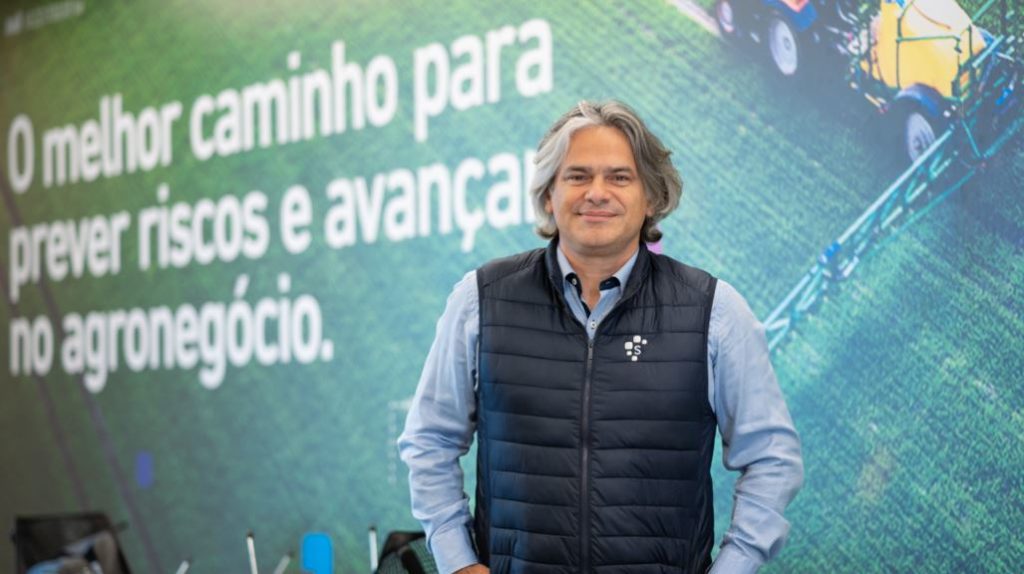 *By Marcelo Pimenta
*By Marcelo Pimenta
ESG Monitoring and Governance are topics that are gaining more and more space in discussions about the growth of Brazilian agribusiness. With the arrival of new European legislation, which requires confirmation that the country's agricultural commodities do not come from deforested areas, among other criteria, Brazil, one of the largest beef exporters in the world, needs to reinforce its technological performance in the field and invest in artificial intelligence solutions to boost the scope, precision and dynamism of socio-environmental analyses, which are already and will continue to be decisive factors for the health of the planet and business success.
Although there are already protocols such as “Boi na Linha”, which constitute ESG criteria when purchasing cattle, tools based on data study can enable greater reach and assertiveness in a simplified way for socio-environmental control. Some of them, such as Serasa Experian's Smart ESG, can even optimize this type of protocol, as they enable a timeline of the traceability chain in agriculture - grouping and delivering reliable information from the indirect supplier, which begins the cycle with the creation of the calf, to the slaughterhouses, which need to guarantee the origin of the cattle to continue with the purchasing process.
Even with existing technology, there is still a major challenge that needs to be overcome so that the sustainability scenario of Brazilian livestock farming advances more and more: facilitated access to correct and updated information, especially for those at the end of the chain, acting directly in the field. In this regard, which encompasses decision-making through consultation between rural producers and service providers in the area, artificial intelligence (AI) can be a great ally.
Today, Serasa Experian, for example, is already testing with around 30 thousand users, a function of its tool called Chatbot Agro, an AI that connects the functionalities of Smart ESG to WhatsApp, on the cell phone, delivering to the agricultural chain several analyzes on socio-environmental criteria, credit, origin/traceability and contagion alerts with just a few clicks. In other words, advancement and investment in this direction are capable of transforming more complex activities into actions as simple as responding to a text message on the phone.
In this way, we see that this type of technology already existing in the country is completely viable, customizable and works in an uncomplicated way, in addition to, above all, having a very low cost, facilitating various processes and the lives of those who daily need quick guarantees so as not to lose the chance to negotiate. Solutions like this also provide insights into vegetative growth and, therefore, productivity indices.
Finally, as we know, agribusiness is one of the biggest vectors of growth in the Brazilian economy and has the space and capacity to continue advancing. In addition to the innovations that are constantly developed and applied, artificial intelligence should not be seen as a complex technology, on the contrary, it is necessary to simplify its use to democratize access for the entire chain to its benefits, which can provide not only optimization of food security in agriculture, but globally help strengthen our country's reputation for stability and ESG compliance.
* Marcelo Pimenta is Head of Agribusiness at Serasa Experian
Notice: The opinion presented in this article is the responsibility of its author and not of ABES - Brazilian Association of Software Companies













